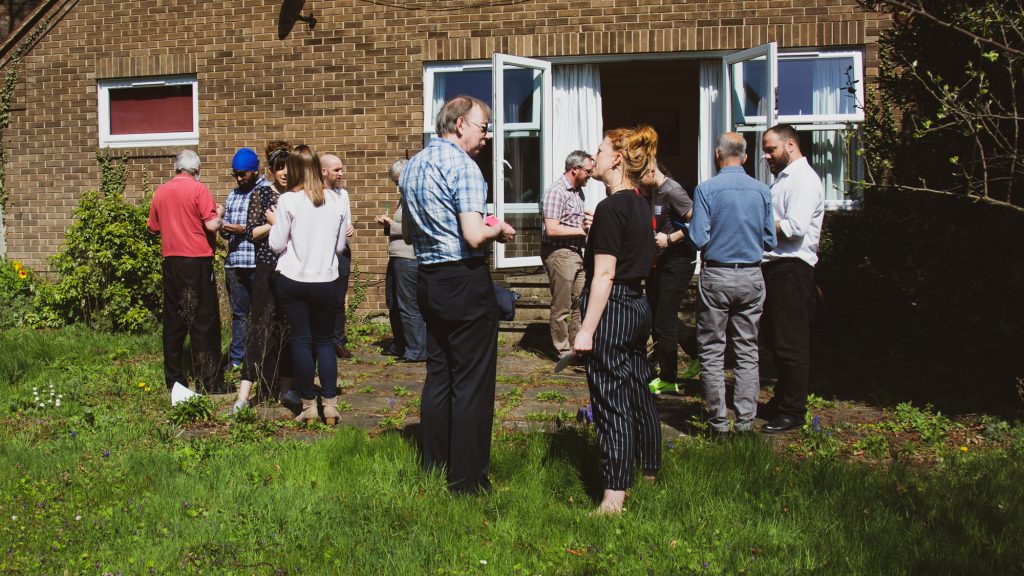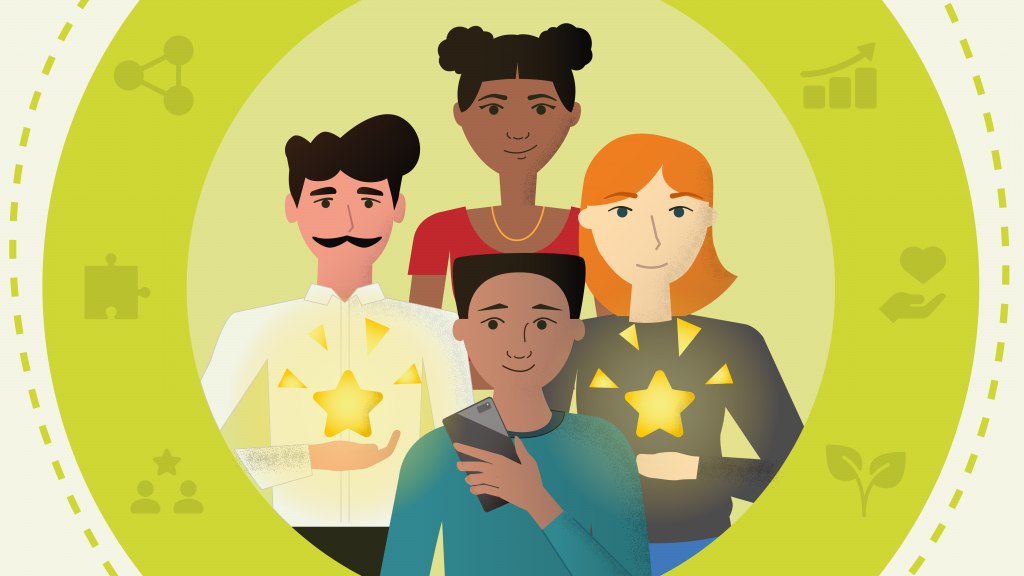The ‘S’ in ESG is gaining greater attention this year in both the world of investment and in business. For us it’s always been the most important thing. Find out why social impact has been so important for us.
For the past 12-18 months ESG (Environmental, Social and Governance) has exploded as a point of focus for many organisations. This is true for many across the board – including those in more traditionally commercial spaces. The pandemic and growing climate crisis have both shifted attention and focus towards matters affecting society and the planet.
Greater sums of money are being invested into areas that look to deliver an ESG impact. And globally companies are increasingly making more noise about the ways they’re delivering a positive impact for society.
Last year, with COP26 in Glasgow there was much attention over measures to support environmental issues. This year it seems there’s a growing focus on the ‘S’.
It starts with people
Social has always been at the top of our focus. For us it’s not just a gimmick or topic of the moment.
We’ve always believed that you have to begin by thinking about the impact you intend to have on people. Be that your staff, your customers or wider society.
Our products, toolkits and consultation supports individuals, teams and organisations to better equip themselves with the means to understand, measure and share the social impact that their work has. As a result, we’ve spent a great deal of time thinking about the Social aspect of ESG.
For us, it’s always made sense to start with people. As humans we all build relationships – both personal and professional. Individual and institutional interactions and decisions have consequences which affect other people more widely than we often care to think.
No man is an island and work doesn’t happen in isolation. Often, we rely on strong relationships with others to help solve problems or to access new information and resources. The power of connections and networks is pretty clear.

ESG just doesn’t work without the S
The social in ESG goes much further than just understanding connectivity and relationships. For instance, when we talk about social impact we mean things such as:
- Paying living and fair wages
- Having broad, diverse, active and meaningful input from those that represent society
- Giving equity to those from marginalised groups
- Involving local communities in co-designing and decision making
- Providing meaningful workplace training opportunities
- Supporting networking, relationship building and the building of social capital
Without starting to deliver some of these examples it becomes harder to bring about the often lofty change connected to Environment and Governance. Above all, this is key to avoiding ESG becoming another box ticking exercise.
Having a greater awareness of the social side of things can make a big difference. And more importantly, it can play a large role in adding value to an organisation. Highlighted by Research conducted by Otto Beisheim School of Management in Germany (Which Aspects of CSR Predict Firm Market Value?), the social element of ESG could in fact be the most important contributor to corporate valuations.
We’re making it harder for ourselves if we ignore the social side
In the context of ESG, the social performance of a company explores the role and relationship it has with its workers, customers, suppliers, and local community.
By meeting social measures within the workplace we build companies where people are more happy to work. People gain more satisfaction from their role, they have a great sense of wellbeing and often will suffer less stress and anxiety.
More widely, focusing on social measures plays a huge part in addressing a number of global societal inequalities. Afterall, the development and wellbeing of society are key drivers of global economic growth.
Often companies that positively contribute to improving social outcomes for their stakeholders (be it their employees or the local community) not only end up creating positive social outcomes but also more consistent financial returns.
And it’s actually within our interest to try to tackle issues in our society through our activity at work. Not everything can be solved by the third sector or central government.
If we don’t start to meaningfully act, we’re actually making it harder for ourselves in the future
As put by Thomas Sørensen (Global Social Empowerment Strategy portfolio co-manager at Nordea Bank): “If we do not properly address these issues, the economic consequences will be felt across all countries and sectors. The development and wellbeing of society are key drivers of global economic growth, and investors have the power to make a real difference,”

Making Social Impact happen
In order for Social change to happen it requires the building of connection and trust with others. It requires genuine desire and motives to bring about change. It needs carefully considered planning and management. Finally, it requires measuring and monitoring of change.
This may sound like a daunting challenge, but it isn’t and it shouldn’t be. It’s all about focusing on the relevant outcomes and impacts. Rather than trying to achieve everything, a more considered approach that captures real impact that matters is what is needed.
The good news is, if you need a helping hand to work out what you should be focusing on we’ve got lots of tips, toolkits and relevant packages that can help you and your team to be on your way with delivering real social impact.



